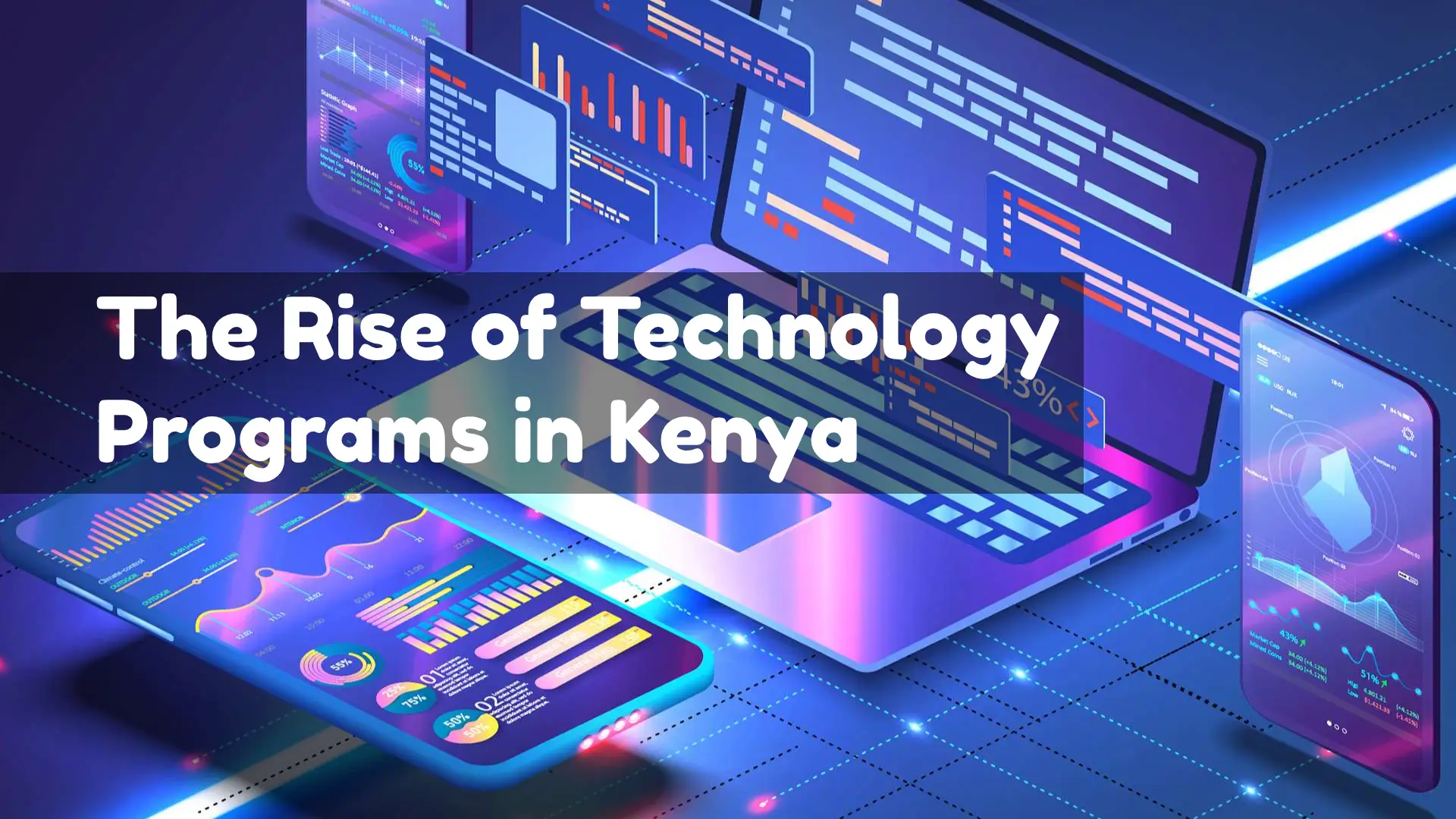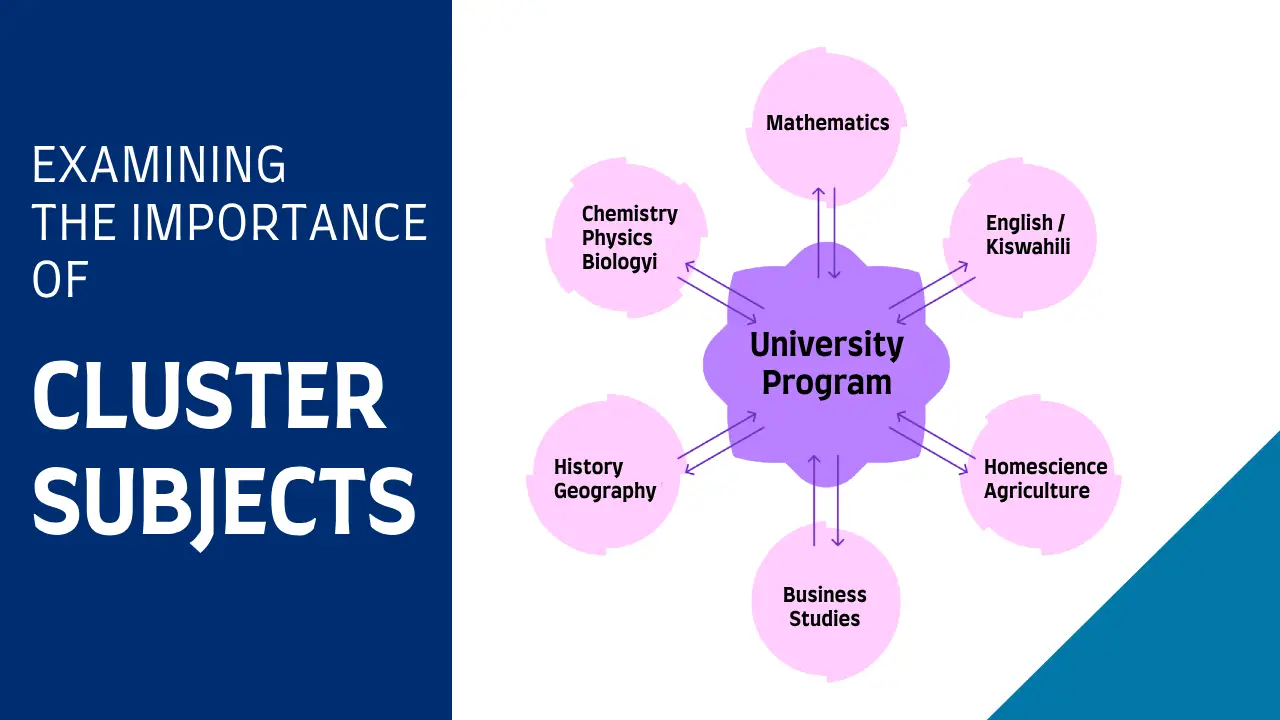Career Paths
The Diploma in Community Health
The Diploma in Community Health offered by various colleges in Kenya presents an invaluable opportunity for individuals looking to make a significant impact on public health at the community level. With comprehensive training that combines theoretical knowledge with practical experience, graduates are well-prepared to address pressing health challenges facing Kenyan communities today.
By Samuel |
Published on 12-Dec-2024

The Diploma in Community Health program offered by various colleges in Kenya is designed to equip students with the skills and knowledge necessary to address public health challenges at the community level. This article explores the details of this diploma program, including entry requirements and the target audience for prospective students.
Overview of the Community Health Diploma Program
The Diploma in Community Health is a comprehensive program that typically lasts between 1.5 to 2 years, depending on the institution. The curriculum is designed to provide students with both theoretical knowledge and practical skills essential for effective health service delivery in communities. Students learn about various aspects of community health, including disease prevention, health promotion, maternal and child health, nutrition, and epidemiology.
Core Curriculum Components
The curriculum usually includes subjects such as:
- Introduction to Community Health: Understanding the principles and importance of community health.
- Health Education and Promotion: Techniques for educating communities about health issues.
- Maternal and Child Health: Focus on reproductive health, prenatal care, and child development.
- Nutrition: Understanding dietary needs and managing malnutrition.
- Epidemiology: Study of disease patterns and prevention strategies.
Additionally, students engage in practical attachments where they apply their learning in real-world settings, working directly with community members under supervision.
Entry Requirements
To enroll in the Diploma in Community Health program, candidates must meet specific entry requirements that vary slightly between institutions. However, common requirements include:
- Kenya Certificate of Secondary Education (KCSE): A minimum mean grade of C- (minus) is typically required. Some colleges may accept lower grades if accompanied by relevant certificates or experience.
- Relevant Certificates: Candidates with a certificate in community health or related fields may also be eligible for admission.
- Equivalent Qualifications: International qualifications or other equivalent credentials may be accepted as determined by the Kenya National Qualifications Authority (KNQA).
For example:
- Amref International University requires a KCSE mean grade of C- or a Level 5 Community Health Certificate.
- Nairobi Women’s Hospital specifies similar requirements but also emphasizes the importance of practical experience2.
Who Should Apply?
The Diploma in Community Health program is suitable for a diverse range of individuals:
- Recent High School Graduates: Students who have recently completed their KCSE with the required grades can apply directly to this program. It serves as an excellent entry point into the healthcare field.
- Professionals Seeking Career Change: Individuals currently working in related fields such as social work, community development, or education may find this diploma beneficial for enhancing their qualifications and expanding their career opportunities within public health.
- Passionate Individuals Committed to Public Health: Anyone with a strong interest in improving public health outcomes within their communities should consider this program. A commitment to service delivery and community engagement is essential for success in this field.
- Current Healthcare Workers: Healthcare professionals seeking to specialize or advance their careers can benefit from this additional training, which provides them with essential skills for working at the community level.
- Community Development Practitioners: Individuals involved in community development projects or NGOs will find this diploma valuable as it enhances their ability to implement effective health programs within communities.
Career Opportunities
Graduates of the Diploma in Community Health program can pursue various career paths within the healthcare sector, including:
- Community Health Workers: Providing primary healthcare services directly to communities.
- Health Educators: Developing educational programs to promote healthy behaviors.
- Public Health Officers: Working with government agencies or NGOs to implement public health initiatives.
- Project Managers: Overseeing community health projects aimed at improving health outcomes.
- Nutritionists: Focusing on dietary education and management of nutritional issues within communities.
The demand for trained professionals in community health is increasing as Kenya strives to achieve universal health coverage and improve overall public health outcomes.
Conclusion
The Diploma in Community Health offered by various colleges in Kenya presents an invaluable opportunity for individuals looking to make a significant impact on public health at the community level. With comprehensive training that combines theoretical knowledge with practical experience, graduates are well-prepared to address pressing health challenges facing Kenyan communities today.
By pursuing this diploma program, students not only enhance their career prospects but also contribute meaningfully to the well-being of their communities—making it a worthwhile investment for anyone passionate about healthcare and social change. As Kenya continues to prioritize public health initiatives, trained professionals will be essential in driving progress and improving health outcomes across the nation.











